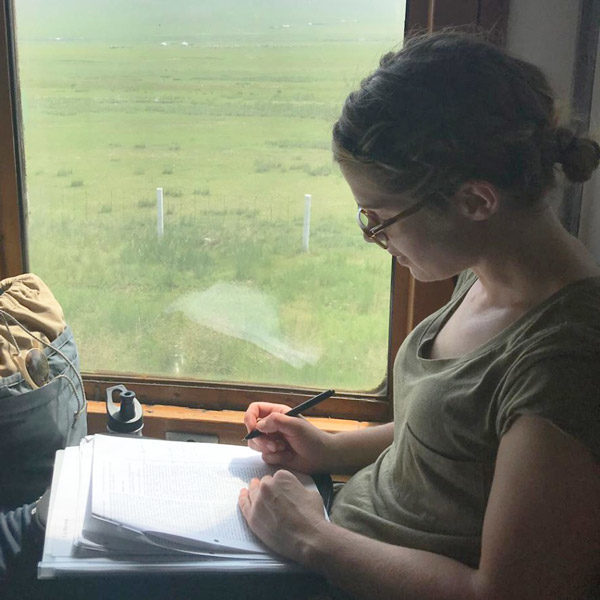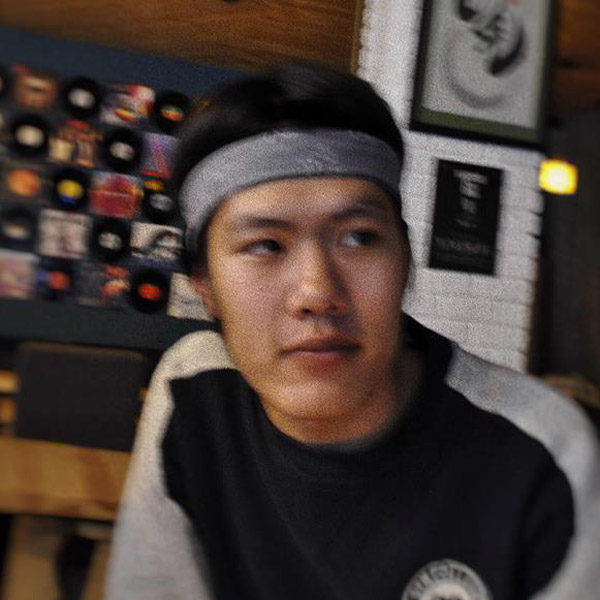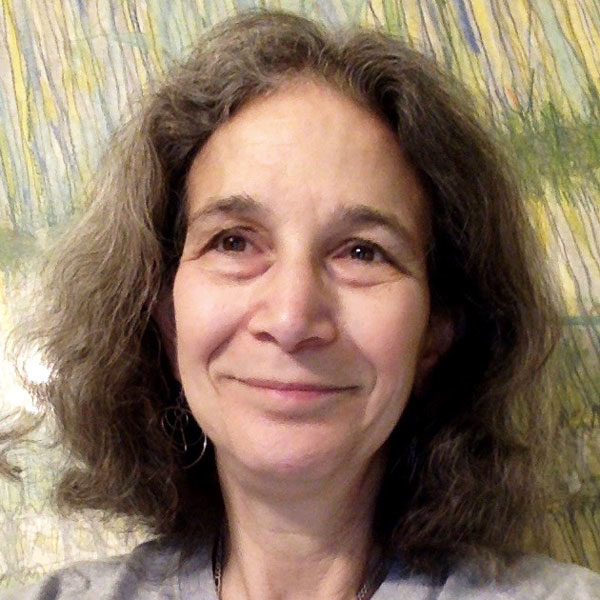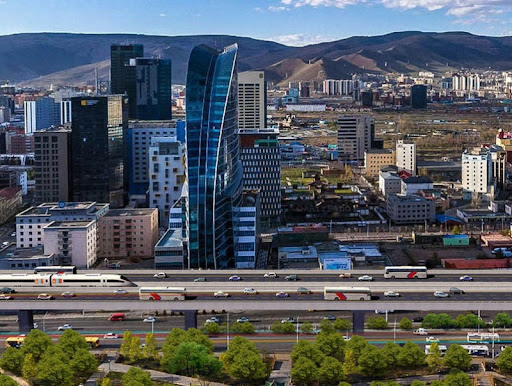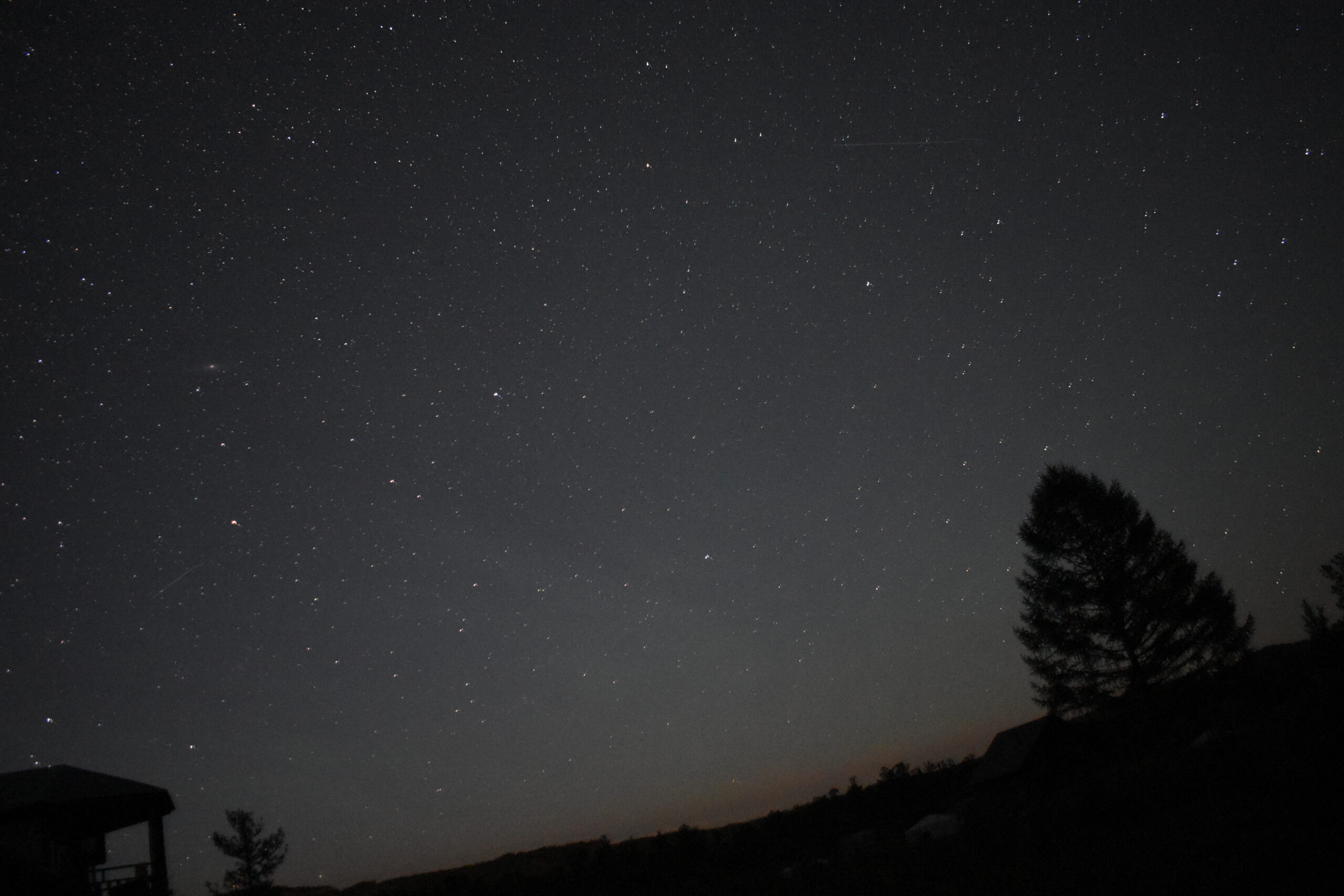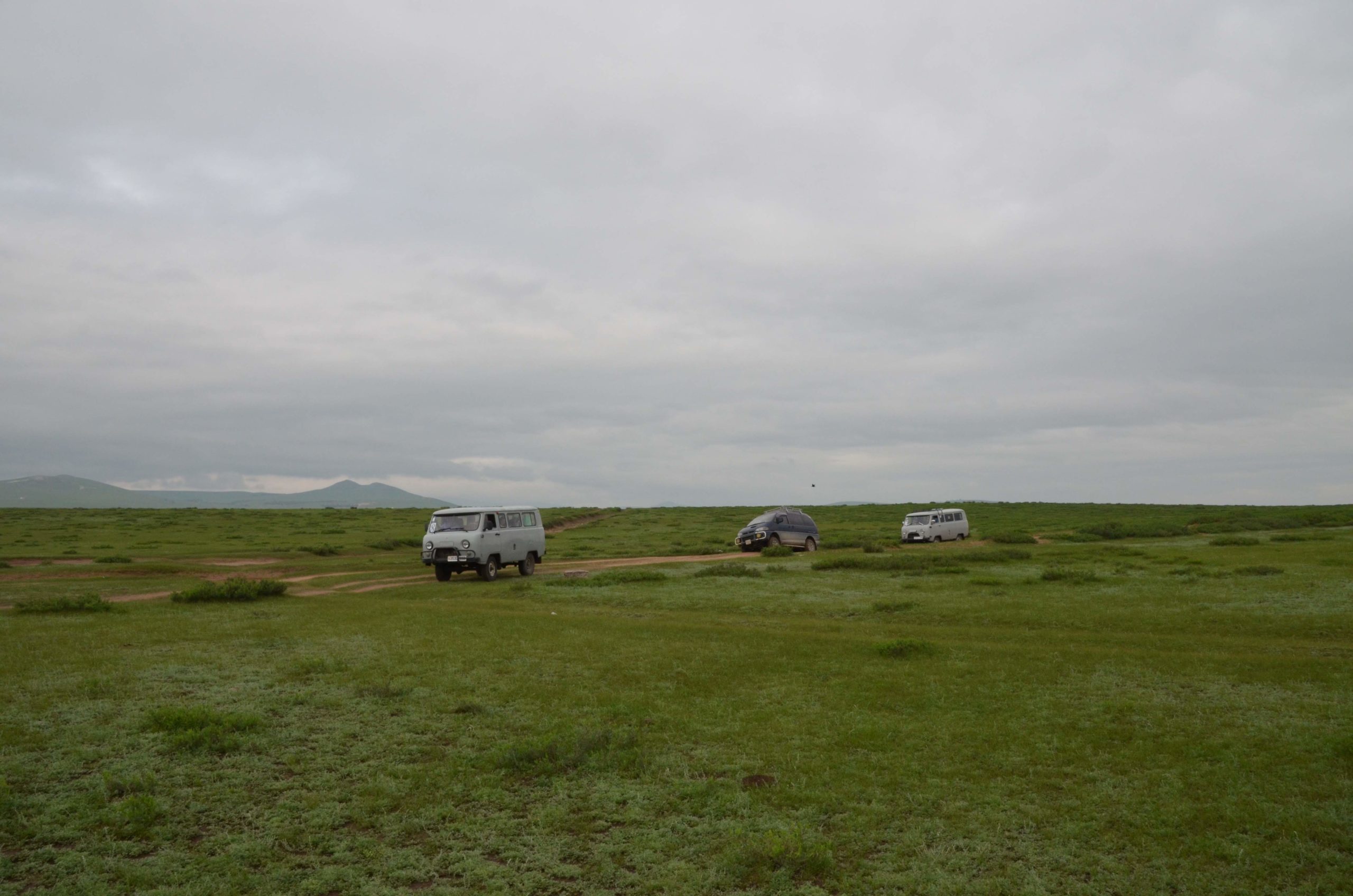During this 14-day field course you will join two anthropologists specialising in mobile pastoralists livelihoods, rural governance and development in their long-term field site location in Bayanhongor, Mongolia. Through immersive and experiential learning, including homestays with local herders, participants will gain a foundational understanding of ethnographic research methodologies, nomadic cosmologies and environmental ethics to cultivate insights on alternative approaches to land use and conservation. With field trips to county and provincial centers, including local markets, Buddhist monasteries and museums, participants will gain a deep introduction to the history of rural Mongolia and contemporary development policy and trends. Home stays with herders will enable participants to experience the daily routines of herders and gain an understanding of mobile pastoralist livelihoods, including traditional dairy production, felt and leather craft, and forms of kinship. The field course will conclude with an exhibition to illustrate the learning outcomes from the course.
A note on rural living in Mongolia - We will be staying with families in rural locations. We will spend several days at a time with limited access to showers or internet / mobile phone service. We will also be sharing meals with the families with which we stay. People who cannot eat meat or dairy will have a very difficult time as there will frequently be no vegetarian or vegan food available in these settings.
For priority consideration for fellowship awards apply by March 30, 2024.
Final deadline is May 30, 2024.
